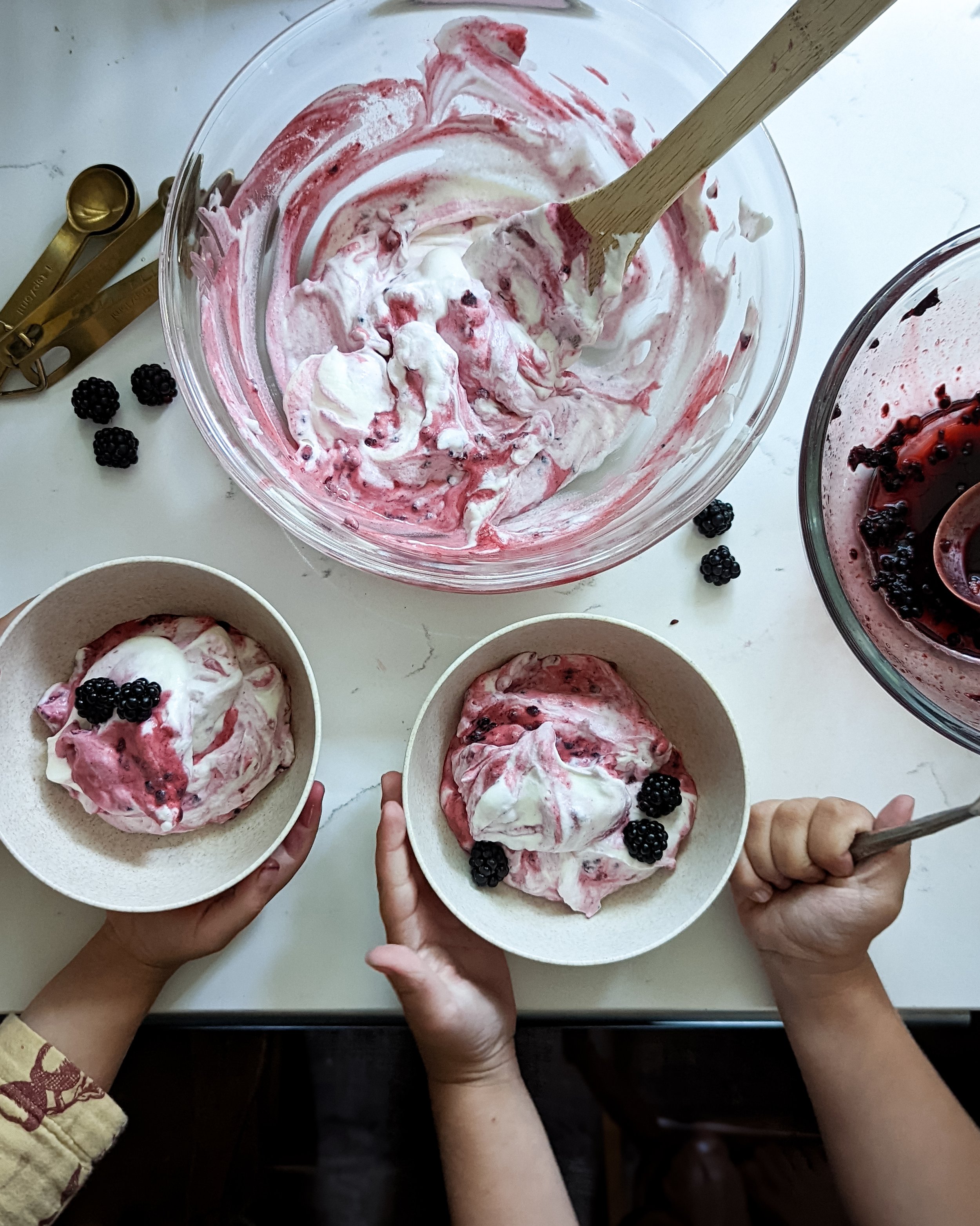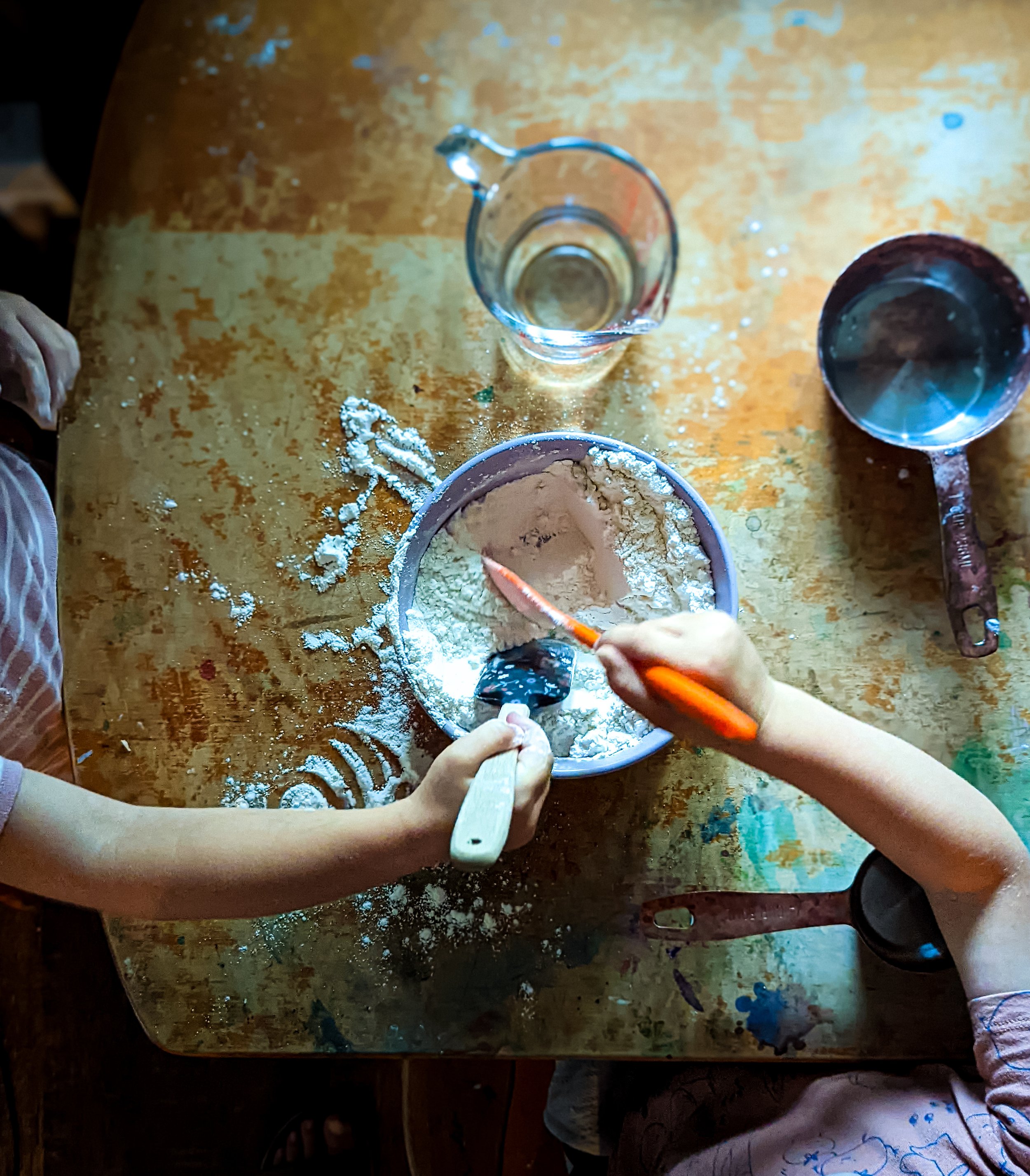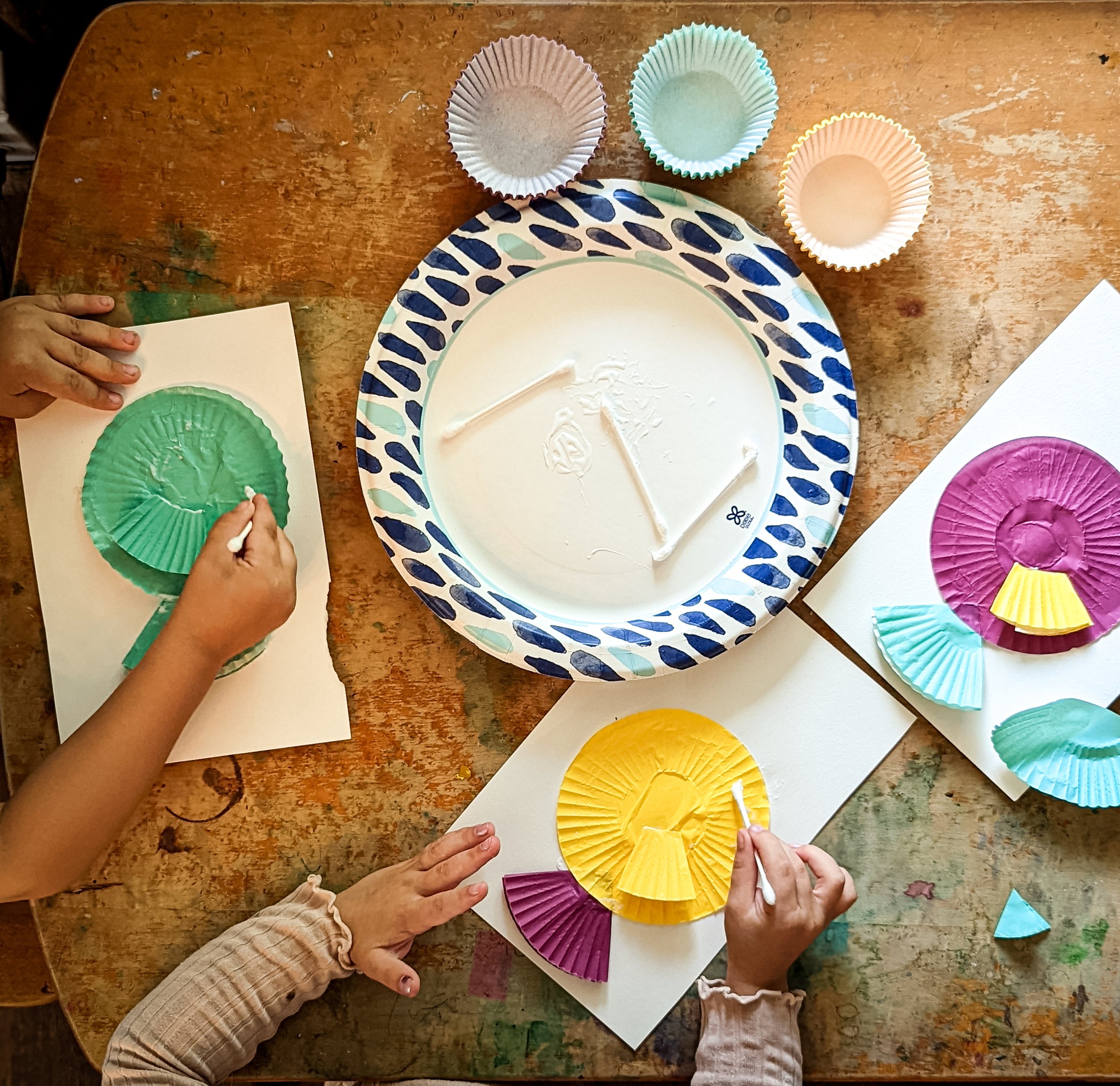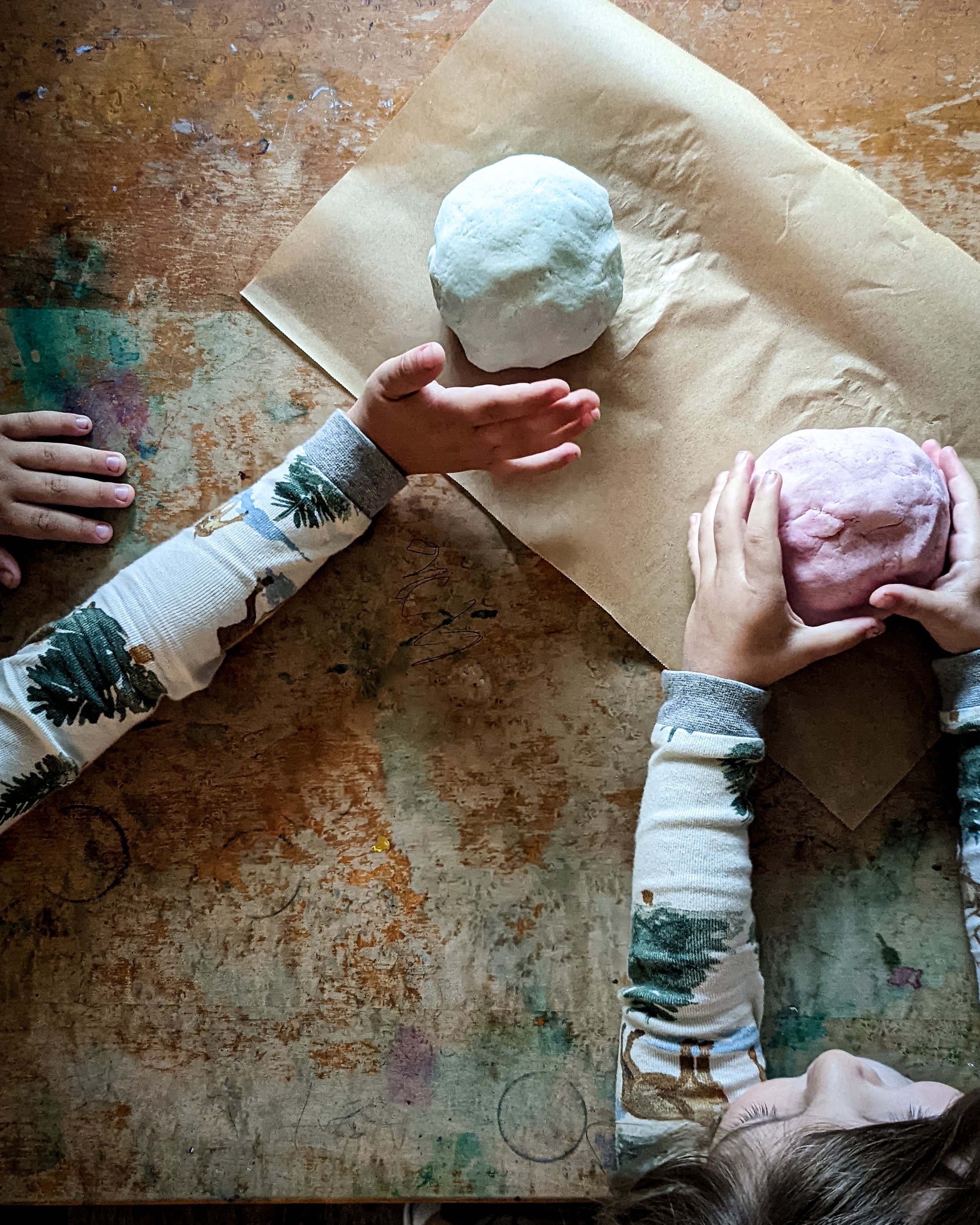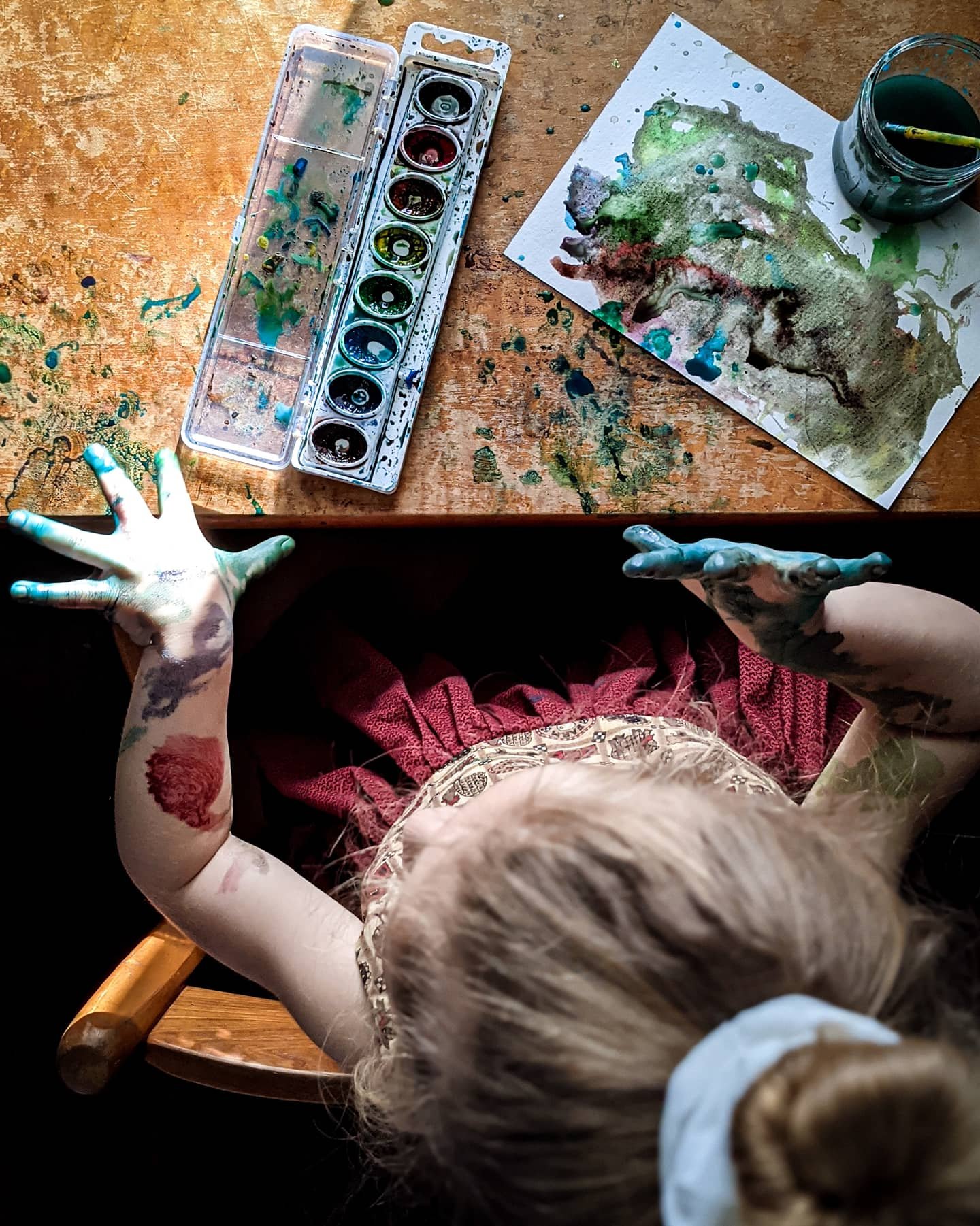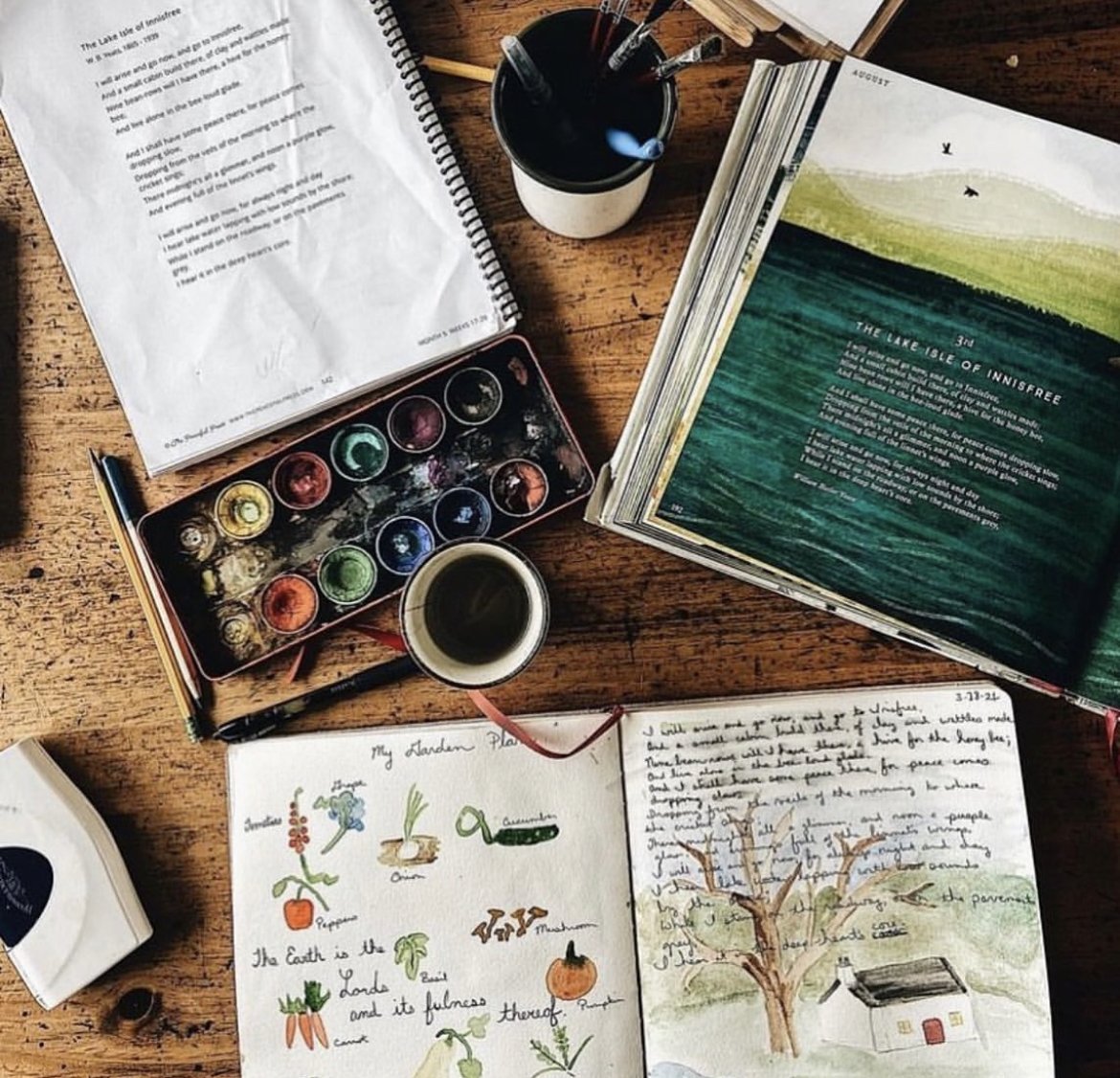Nurturing Little Hands: The Importance of Handcrafts and Fine Motor Skills in Preschool
In the early years of a child's life, the development of fine motor skills plays a crucial role in shaping their cognitive abilities and overall well-being. Engaging preschoolers in handcrafts not only unleashes their creativity but also fosters essential motor skills that form the foundation for future learning. Here are three key reasons why handcrafts are vital for preschoolers:
1. Fine Motor Skill Development:
Handcrafts, such as drawing, cutting, and crafting with small objects, demand precise movements of the fingers and hands. These activities help strengthen the fine motor skills necessary for tasks like writing, buttoning clothes, and using utensils. As preschoolers manipulate art supplies and navigate through various textures, they enhance their hand-eye coordination and dexterity.
2. Cognitive Growth:
The process of engaging in handcrafts involves more than just creating visually appealing projects. It requires problem-solving, decision-making, and spatial awareness. Through activities like threading beads or assembling puzzles, preschoolers develop cognitive skills such as pattern recognition and logical thinking. These activities stimulate their brain and contribute to a solid cognitive foundation for future academic endeavors.
3. Expression and Creativity:
Handcrafts provide a canvas for preschoolers to express their thoughts, feelings, and imagination. Whether it's painting, sculpting with clay, or creating collages, these activities encourage creativity and self-expression. As children experiment with colors, shapes, and materials, they not only refine their artistic abilities but also build confidence in expressing themselves through different mediums.
Incorporating handcrafts into the homeschool preschool curriculum is not just about creating cute projects; it's a holistic approach to early childhood development. Teachers and parents alike can support this journey by providing a variety of age-appropriate materials and activities that challenge and inspire young minds.
As preschoolers engage in the joy of creating, they are simultaneously honing skills that extend far beyond the art table. Fine motor skills, cognitive growth, and self-expression intertwine, laying the groundwork for future academic success and fostering a lifelong love for learning. So, let's celebrate the magic that happens when tiny hands and big imaginations come together in the world of preschool handcrafts.
Homemade Play Dough Recipe
Play dough is one of the key elements of our preschool at home. We use it all the time. Making our own play dough is not only cost effective and natural, but the addition of essential oils really makes it unique.
INGREDIENTS
1 c. flour
1c. salt
1/2 c. cornstarch
2t. cream of tartar
1 T cooking oil
1 c. water
several drops essential oil
(lavender is great for its calming effect)
INSTRUCTIONS
Mix all ingredients in a heavy saucepan and stir vigorously over medium low heat until it forms a ball. When cooled to touch, give your child a ball to shape, or separate into four balls and stir a different color or essential oil into each ball. Store in an airtight jar. Keeps indefinitely.

